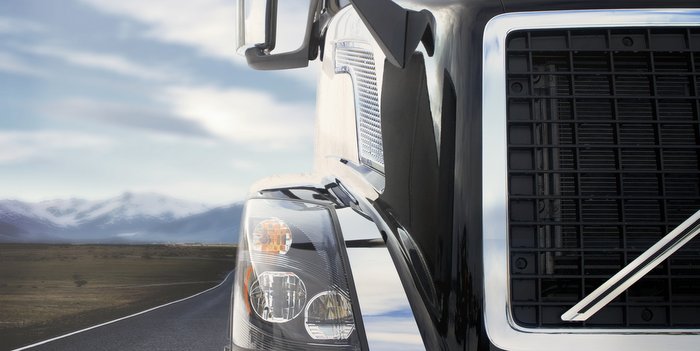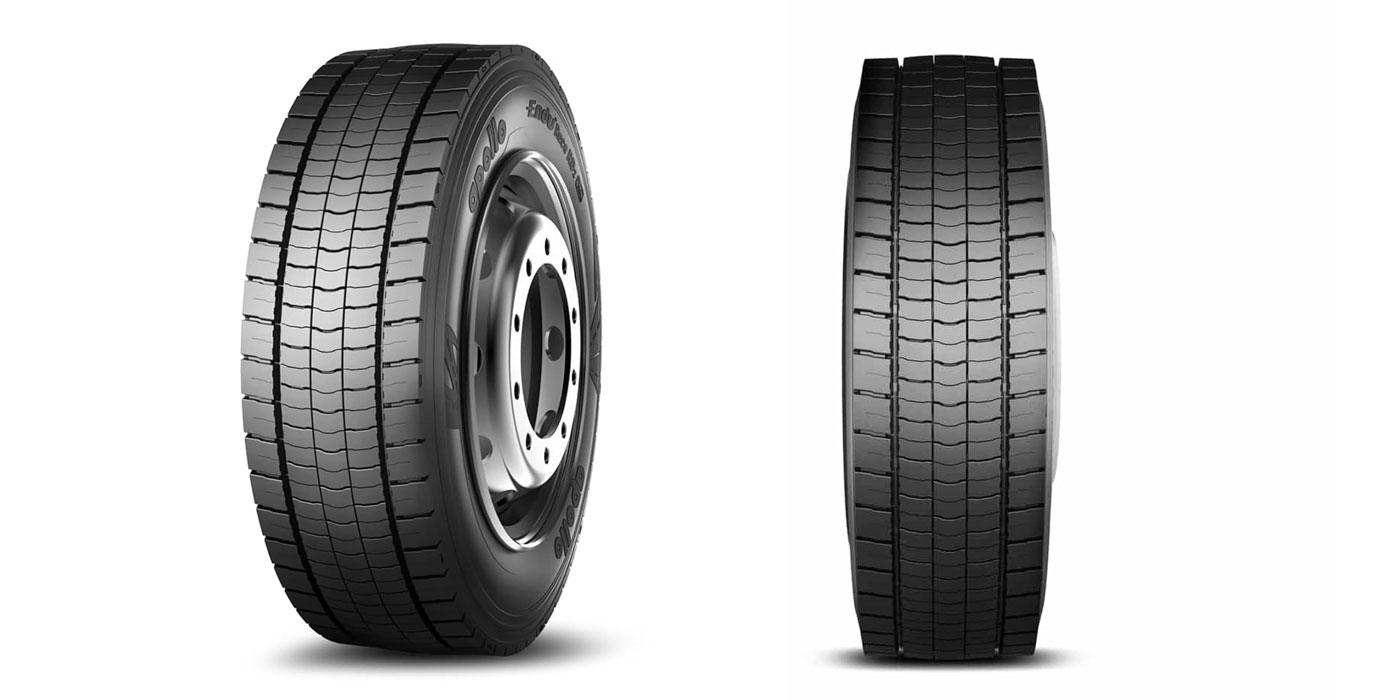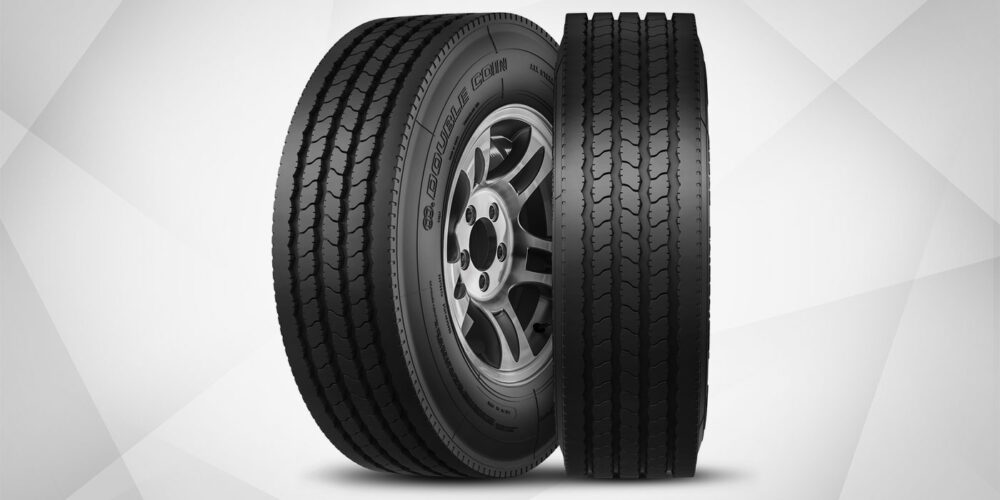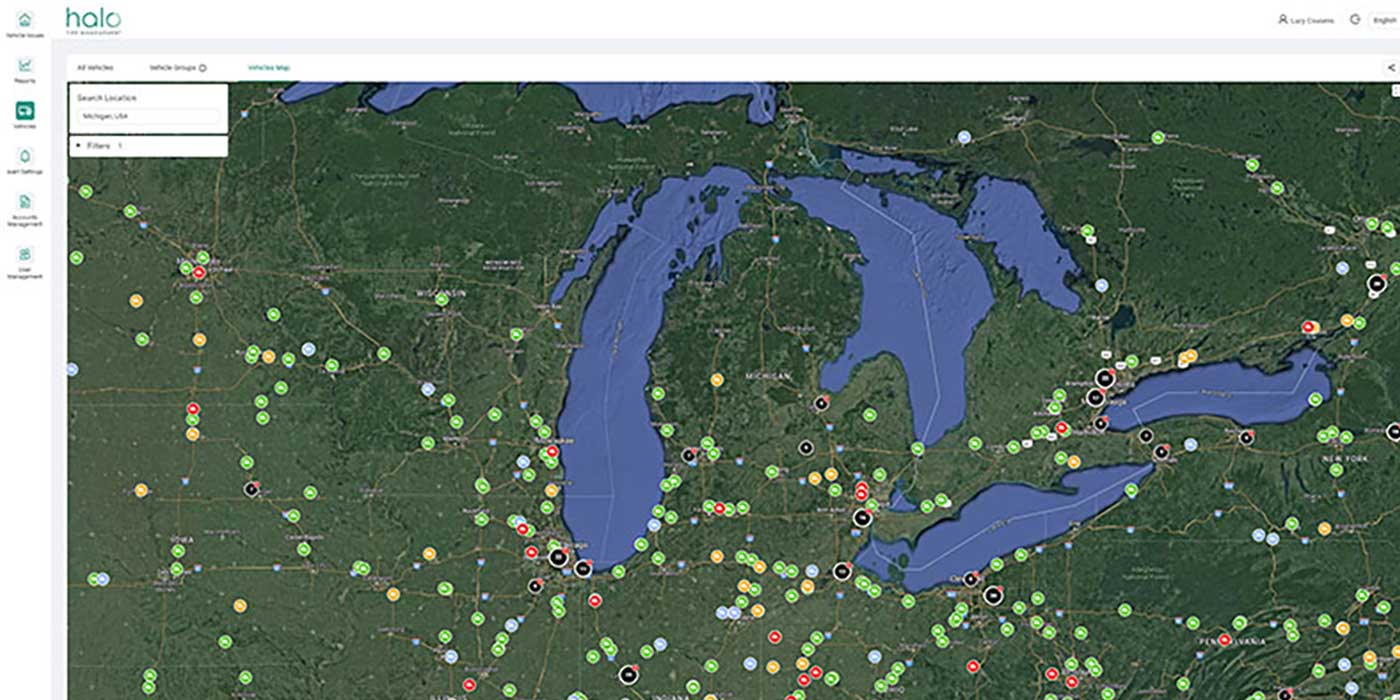Connectivity breeds complication. As equipment, technology, data, driver and shipping demands are woven together, new challenges bubble up from complexity. Fleet managers are on the equipment front lines, streamlining operations through smart truck purchases. At the heart of it, you are the risk managers of your fleets. Yet even a seemingly simple solution such as lighting quickly spirals into a complicated balance of managing new hotel load demands and making sure your trucks still start.
Think lights and immediately imagines of harnesses, lamps and placement may come to mind. But what about routes? According to Bruce Purkey, chief creative officer for Purkeys, and Brad Bisaillon, director of strategic accounts—North America & Europe, for Trojan Battery Co. LLC, the movement to shorter regional routes vs. long haul operations causes problems with the alternator’s ability to recharge batteries.
Take a fleet that used to have eight to 10 hours of drive time, for example. It could run four batteries down to a 70% state of charge, on a four battery system you would have taken 120 amp/hours out of this pack. If the vehicle loads are around 80 amps with the engine running and you have a 160-amp alternator, that means there are 80 amps left over to recharge the battery pack. Cut the drive time in half and instead of charging up to 100%, the truck could start at 80% the next day. Then it’s going to drain to 50% state of charge, not the previously expected 70%. Before you know it, you have a dead battery.
Now add in all the demand for power from parasitic loads. Maria Orlando-Krick, marketing manager, specialty products, Americas at EnerSys, explained how even smaller power demands from equipment like an alarm system can place an additional load on an already discharged battery, even if the hotel-load is minimal. If the vehicle is going to be left unused for an extended period of time and there is a known parasitic load, it is recommended either to disconnect the battery or make sure the vehicle is on a 3A trickle charge.
It’s all about the details. Even the grease technicians use on electrical connections can impact the reliability of the components. Tim Gilbert, corporate director of heavy-duty sales for Peterson Manufacturing, said that he’s experienced technicians use automotive grease as opposed to dielectric grease. “There’s so much water in automotive grease that it accelerates the corrosion,” he explained.
If your equipment ends up at a truck stop in need of quick fix, you can’t be certain that the correct repair is made. Sometimes it’s a Band-Aid to get a truck back on the road. It’s the gut reaction to the problem, not a careful assessment of the details.
With more equipment, processes, restrictions, regulations and beyond, it’s imperative that fleet managers investigate even the smallest of details when spec’ing equipment to ensure reliability and profitability in the future. Connecting with OEM and aftermarket suppliers and strengthening that relationship can support efforts to streamline equipment and minimize the complications.














